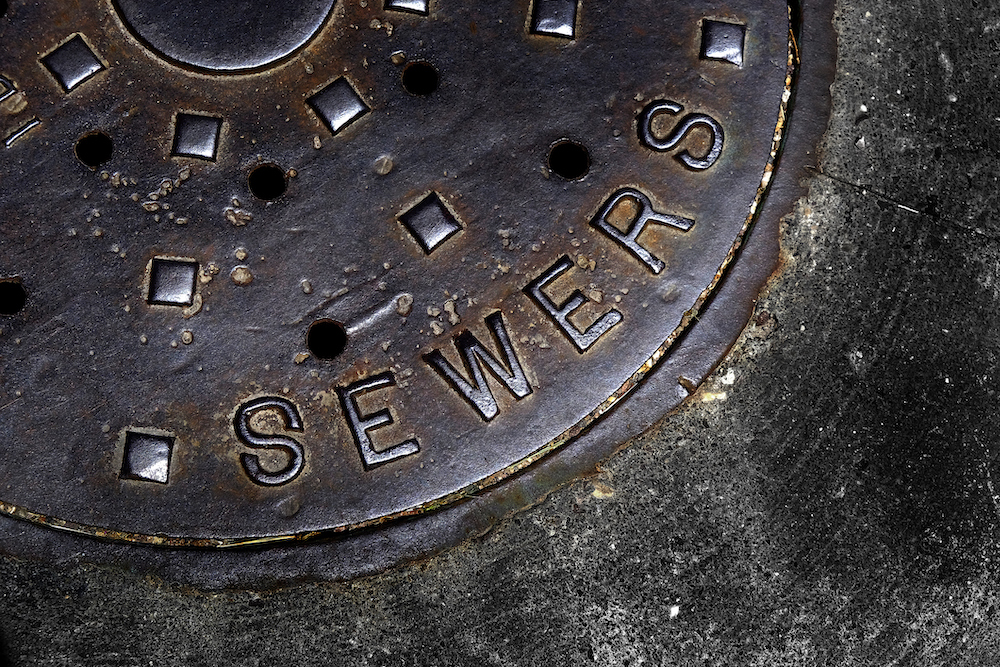U. Arizona found asymptomatic COVID-19 cases by testing sewage

The University of Arizona identified and isolated several asymptomatic COVID-19 cases in a student dorm this week though wastewater testing, preventing a potential outbreak on its campus, university leadership announced Thursday.
Since UA students returned to campus earlier this month, researchers at the university have collected wastewater samples from the sewer lines of university residents halls on a regular basis to identify potential positive COVID-19 cases among the student population living on campus.
Earlier this week, a team or researchers and epidemiologists led by Ian Pepper, director of the UA’s Water and Energy Sustainable Technology Center, conducted their regular testing of the university’s sewer system and found wastewater samples taken from Likins Hall, an on-campus dorm, had high viral loads, alerting the team that several residents of the dorm had potentially contracted COVID-19, UA President Robert Robbins said in the university’s weekly briefing.
All Likins Hall residents and staff, more than 300 people, were then tested on Wednesday and the university was able to confirm two positive cases in the dorm, Robbins said. The two students, who were asymptomatic, were immediately moved to isolation so as to prevent further spread of the virus.
Wastewater testing is hugely important for the university to be able to detect positive COVID-19 cases on campus, Robbins said.
“We think this is going to be a very valuable tool to help us get out in front [of outbreaks],” he said in the weekly briefing.
Identifying symptomatic COVID-19 cases is much easier, said Richard Carmona, director of UA’s campus reentry task force, because students and staff know that if they aren’t feeling well to get tested and isolate if necessary.
“What we really need to find out are who are the people who are asymptomatic that are positive,” Carmona said in the briefing. “If we had waited until [the infected students] had been symptomatic, or if they had stayed in that dorm for days or a week or a whole incubation period, how many other people would have been infected?”
Though the science remains unsettled, there is growing evidence of COVID-19 transmission risk from infected people who are pre-symptomatic or asymptomatic. The Centers for Disease Control and Prevention now estimates that about 40% of people infected with COVID-19 are asymptomatic.
But Carmona said the wastewater testing implemented by Ian Pepper at UA has now proven to be effective in catching those positive, asymptomatic cases early to prevent outbreaks.
“So this random testing, this use of wastewater based epidemiology is going to be really important,” he said.




